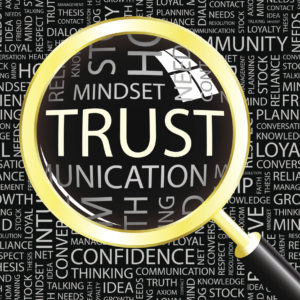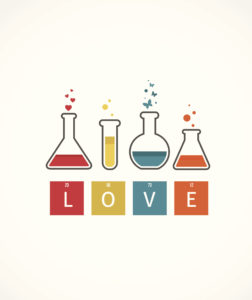
“I’m sorry!” Who has not heard this a million times. And yet I wonder how many of you have felt that these two words are enough to make you feel better, let go of the hurt, and forgive another. I notice that usually the one uttering the phrase is actually more interested in getting off the hook than attending to hurt that may have been caused either intentionally or unintentionally. It is as if the “I’m sorry” really means “I didn’t expect for you to feel the way you feel, and I am sorry that you feel that way.” This is not the same as expressing remorse for our behavior–it actually makes the hurt person feel guilty about hurting!
So what is so hard about apologizing? Well, unlike the Elton John song, love does mean saying you’re sorry from time to time, but the mistake that most people make is that they forget the first step, which is not about apologizing. So what is this step?
WHY “I’M SORRY” DOES NOT WORK BY ITSELF: When we are hurt by something our loved one does or says, our natural reaction is to pull away from them and protect ourselves. The thinking that often goes along with this reaction is that we can’t trust the other to care for us in the way we like to be cared for in the moment. This may or may not be true, but what is important to know is that our thinking can work against us letting the other know about our hurt. Because of this, the other person has to “guess” at why we are upset, and since this is a dicey undertaking, they will usually just default to saying “I’m sorry” without any idea of why we are actually hurting! In these instances, the apology is received as an empty gesture, one that has no intention of actually repairing anything. This can then lead to frustration for the apologizer, creating even more distance between the two people. No fun!
WHEN TO USE “I’M SORRY”: You can’t put the cart before the horse, as they say, and that applies to apologizing before we even know what we are apologizing for. “I’m sorry” can only come after there has been some interest in how your actions or words affected the other person–not how you think they affected the other, but how they actually did. This requires sitting with them and asking what it felt like when you did or said the hurtful thing, and then listening without defending or justifying.
This is hard to do, because we are wired to protect ourselves. And yet what works in the outside world often backfires in close interpersonal relationships because in the latter the goal is to get more connected, not less! The good news is that if you are successful in exploring the feelings of the other, it won’t be long before they are no longer talking about the offending behavior, and instead they are talking freely about their inner world–what happens to them when they feel attacked or criticized. Only after we hear this information and reflect back our empathetic understanding can we then successfully offer an apology that lands. Only then will our apology address the hurt and be received. Only then is the apology an act of relational responsibility and not a way to get us off the hook.
APOLOGIES EQUAL ACCOUNTABILITY: Mark Manson writes a lot about responsiblity and accountability in his essays, and he makes a valuable point about how to clean up a relational mess. In his book, The Subtle Art of Not Giving a F*ck, he writes about how important it is to be able to say to someone, “I am selfish. I care about myself [sometimes] more than the relationship.” (p. 185) Admitting that is the first step in being responsible for your behavior toward others, and accountable for the effect it has on them.
Note that this is different than being responsible for the effect–you are not responsible for what they feel, but you have accountability, which means that it is up to you to clean up the mess (respond)! But here is the good news–it works! Not only will you find that your apologies are accepted more often, but you will have less actions held over your head for all time. In addition, you will find yourself being more in control of your experience in the world, since you will be focusing on what you have control of (you!), and not on what you don’t (how others feel!).
To sum up, remember that the apology is what comes after a deeper understanding of how your actions/words affected someone. The apology works best if it is a indication of empathetic understanding, and it can lead to feeling connected and cared for. The best way to approach this is to get interested in the other and what they are feeling, without feeling responsible for those feelings. You are the trigger, not the cause. Your role is to care, not to fix. If you learn how to properly offer an apology, you might just find that you are needing to offer them less often!






